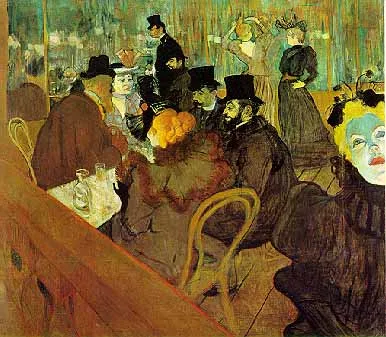Things are looking increasingly unstable across the globe. It is important to be prepared for what the future brings, and it is important to begin now. We have to make the absolute most of this moment.
Although hard times are here for many, and on the way for the rest, it does not have to be a time of stress and chaos. Planning now can ensure a trouble-free transition from high consumption lifestyles to low footprint, sustainable ways of living. Not only is this possible, but it can also be immensely enjoyable.
In industrialized nations it is difficult for people to believe that living with less could possibly lead to a better, happier world. We are told by everyone that MORE is the way to happiness, not less. But we are beginning to see where MORE has led us, and it is not good.
Welcome to 'peak everything' - both human and natural resources have been exploited to exhaustion over the past 200 years of excess. The parasitic system is running on fumes, and the next gas station is nowhere to be seen.
Everything is rushing right toward an opportunity of historic proportions. Make the most of this moment - simplify now, and avoid the rush.
Make The Most - Simplify
- get rid of debt - money is easy to borrow, and difficult to pay back
- recognize and appreciate the good things in life (hint: they are free)
- increase self-sufficiency by learning new skills such as: cooking, home repairs, gardening, carpentry, baking, haircutting, sewing, welding, etc.
- reduce reliance on fossil fuels - installing even a small solar panel can save you money and provide an alternative to increasingly expensive grid power
- move to a smaller house - people think small houses are cute for a reason - they are as right as puppies
- slow down and enjoy life - "For fast-acting relief, try slowing down." - Lily Tomlin
- get rid of stuff you don't need - it is just taking up space and increasing stress hormones
- enjoy downsizing - it is a fun challenge to see how little you need to be content and happy
- get to know your neighbours and community - develop relationships, they are worth more than money
- quit expensive traditions you don't agree with - say NO to spending money on things you don't support - don't like gift exchanges and frantic busyness at Xmas? Quit.
- feel good, do good - being healthy and in the service of others fulfills our higher purpose, and leads to contentment

















